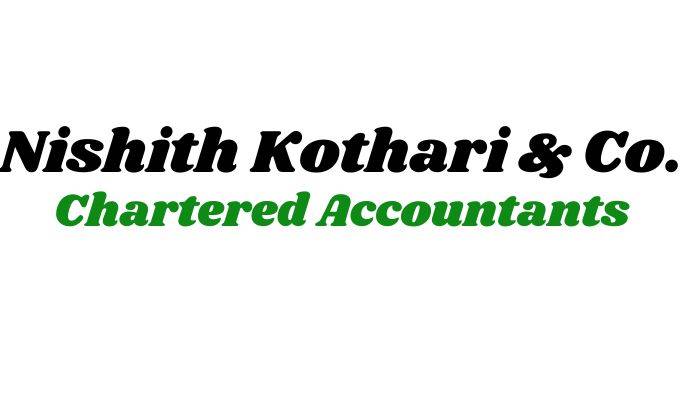Income Tax Notice
Income Tax Notice received? Don’t get afraid as this article is here to rescue you.
The notice from Income Tax Department can be received for various reasons such as defective return, additional details/information are sought by department or non-filing of returns.
The notice should be first read thoroughly and an understanding of notice, its nature, relevant section under which the notice is issued, requirement of order has is the initial step.
Experts at TaxLedgerAdvisor with their abundant experience in handling Income Tax Notice are here to guide you.
Types of Income Tax Notice
- Notice u/s 143(1) –Assessment – Every return after it has been processed by Centralized Processing Centre (CPC) an intimation u/s 143(1) is received on registered email ID and is also available on e-filing portal of Income Tax. The total Income or loss is recomputed after making the following adjustments:
- Arithmetical errors
- Incorrect claim (apparent from information provided in return)
- Disallowance of carried forward losses of previous, if return not filed within time limit of section 139(1).
- Addition of Income or disallowance of expenditure as per tax audit report.
- Disallowance of Income based deduction of Chapter VI, if return not filed within time limit of section 139(1).
These adjustments are made after response from assessee. However, if response is not received within 30 days, adjustments are made automatically.
The time limit to issue intimation is within 9 months from the end of financial year in which return was filed.
- Notice u/s 142(1) – Inquiry before assessment – The notice u/s 142(1) is issued by the Assessing Officer for the following reasons:
- If return not filed within time limit of Section 139(1) or before the end of relevant assessment year.
- To provide additional documents or accounts
- To furnish accounts or such other information verified in prescribed manner.
- Notice u/s 139(9) – Defective Return – If Assessing Officer considers return furnished to be defective he will intimate assessee and assessee has to revert within 15 days or such time limit as provided by assessing officer.
- Notice u/s 143(2) – Scrutiny – If Assessing officer either considers it necessary or for expediting the process making sure assessee not reported less income or excess losses or has under paid taxes, he will ask assessee to submit additional details or make an appearance before AO. Usually issued if AO is not satisfied with information produced as against notice u/s 142(1).
The time limit to issue intimation is within 3 months from the end of financial year in which return was filed.
- Notice u/s 156 – Notice of Demand – Notice demanding assessee to pay any tax, interest, fee or any other sum payable.
- Notice u/s 245 – Set off of refunds against tax remaining payable – If refund is due the appropriate authorities have power to set off the refund against any sum payable by assessee after intimating under this section.
- Notice u/s 148 – Issue of notice where income has escaped assessment – Assessing officer before making any reassessment u/s 147 or 148(A), will require assessee to file return of Income within prescribed time limit.
The notice can only be served under this section if AO has reason to believe information charged to tax have escaped assessment and prior approval from specified authority.
- Notice u/s 269D (1) – Preliminary notice – When competent authority initiates proceedings of acquisition of immovable property as per section 269C, a preliminary notice is issued.
- Notice u/s 284 – Service of notice in the case of discontinued business – In case of assessment of discontinued business, notice will be served to person who was member of firm or association at time of discontinuance and in case of company to principal officer.
Service of Income Tax Notice
Section 282 of the Income Tax Act, 1961 has been laid down to define service of notice or summon or requisition or order or any other communication through:
- By post
- By electronic record as specified in the Act
Recipient of the Notice: Notice is received by individual directly on his registered address. For Companies/Firm/AOP/AJP/LLP notice is received at registered address.
Documents required to reply to an Income Tax Notice
Document requirement may vary from case to case however, basic document requirements are as follows:
- Income Tax Notice
- Proof of Income & Losses specified in return.
- TDS Certificates
- Investment Proofs
Expert advice must be obtained on how Income Tax Notices should be reverted. Out tax experts at TaxLedgerAdvisor can assist you on handling Income Tax notices. Comment below in case of any questions.
Checklist for Income Tax Notice
step:1 One intimation notice under section 143(1) is received from Income Tax Department, taxpayer post taking consultancy from expert should revert to notice within 30days.
step:2 If revert to notice not made within 30 days, the return will be processed with all the adjustments as per the intimation order.
step:3 Important things to check before reverting to notice are Name, Address, pan number, assessment year, e filling acknowledgement number
step:5 If assessee needs has opted for revision of return, same should be done within 15 days to correct all the mistake or error made in original return.
step:6 If a mistake apparent on record is found in original return filed same can be corrected by filling a rectification request on e filling portal.
step:7 The notice will compute tax as per return filed and tax as computed u/s 143(1). If any difference noted in tax as computed u/s 143(1) the reasons of the notice can be identified.
step:8 The intimation notice will be notice of demand u/s 156 if the additional amount payable is computed as per computation u/s 143(1)
step:9 The notice of demand u/s156 have to reverted within 30days otherwise Assessing officer may charge penalty along with interest on delayed days of payment.
Things to do to avoid Income Tax Notice
Few things to keep in mind to avoid Income Tax Notice. They are as follow:
- The income Tax department might send notices to assessee incase where a particular income information appearing in AIS is not reflected in Income Tax Return (ITR) filed by the Assessee. For Further details on what is AIS of Income Tax, types of transaction displayed in AIS, whether AIS displays correct information always, can information appearing in AIS be corrected and most important which Income Information appearing in AIS should be reflected in ITR refer >>> https://www.taxledgeradvisor.com/why-annual-information-statement-ais-is-important-before-e-filing-of-return/
- Dividend & Interest income as appearing in AIS should be reflected in ITR as income from other sources.
- Transactions of Sale & Purchase of Securities, mutual funds & units of UTI will not be directly reflected in ITR but corresponding Capital gain and losses will be reflected by calculating long term or short-term gain/loss as the case may be in accordance with Income Tax Act,1962.
- Interest on Income Tax refund should be reflected in ITR as income from other sources.
- All the Income on which TDS has been deducted should be appropriately reflected in relevant head of ITR.
- File your Income tax return Under Section 139(1) i.e. on or before due date of filing.
- Pay Advance Tax installment as and when they are due.
- Avoid mismatches between TDS details as per 26AS and as per return. Request deductor to file timely and accurate TDS return and provide Form 16 or Form 16A.
- Avoid unnatural or high value transactions in bank account. In special cases, report the correct income.
Income Tax Notice received ? Reach out to our experts at TaxLedgerAdvisor
For expert assistance on Income Tax Notice in Udaipur and Rajasthan, reach our professionals at Tax Ledger Advisor.


